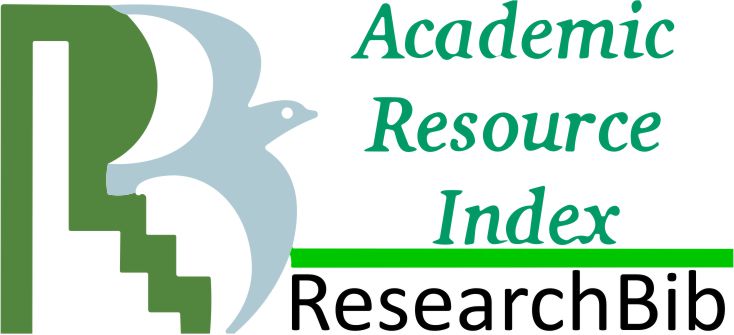DOI
10.21002/jaki.2017.08
Abstract
Academic dishonesty among students has been recognised as a major concern in higher education in Indonesia. Accounting research arguably need to give more attention to this issue. This is partly because of the importance of integrity as part of accounting ethics and professionalism. However, little currently known about academic dishonesty among accounting students in Indonesia. We address this issue by surveying 342 accounting students about their perception of academic dishonesty and what motivates such behaviour. Our respondents were from all first, second or third year undergraduate students at one state university in Indonesia. Drawing from Theory of Planned Behaviour, we examine three individual variables - attitude, subjective norms, and perceived behavioural control. In addition, we also examine three situational variables - academic integrity culture, definitional ambiguity, and pressure. Six hypotheses were tested, using a Partial Least Squares-Structural Equation Modelling. The results reveal that 77.5% of respondents admitted committing academic dishonesty. While all individual factors studies have positive significant effect on the intention to commit academic dishonesty, of the three situational factors only pressure and definitional ambiguity have a positive significant effect. Surprisingly, it is found that academic integrity culture does not have a significant effect.
Recommended Citation
Winardi, Rijadh Djatu; Mustikarini, Arizona; and Anggraeni, Maria Azalea
(2017)
"ACADEMIC DISHONESTY AMONG ACCOUNTING STUDENTS: SOME INDONESIAN EVIDENCE,"
Jurnal Akuntansi dan Keuangan Indonesia: Vol. 14:
No.
2, Article 2.
DOI: 10.21002/jaki.2017.08
Available at:
https://scholarhub.ui.ac.id/jaki/vol14/iss2/2












